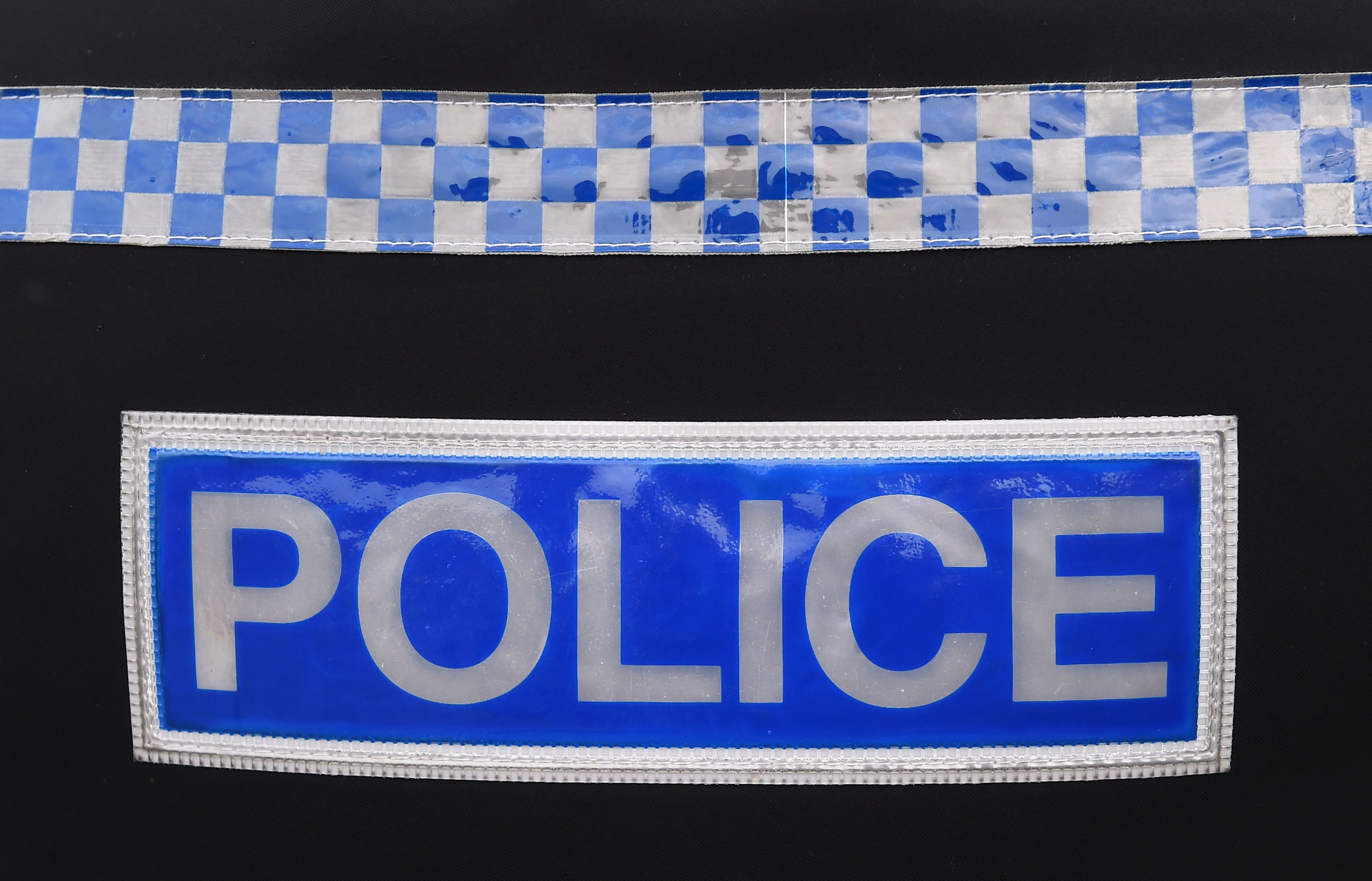‘Gossipy’ officer ‘shared confidential information about Wayne Couzens’
Sergeant Simon Kempton of Dorset Police is facing misconduct proceedings for passing on details of Couzens’ police interviews to colleagues.

A police officer is facing misconduct proceedings for sharing “gossipy” details of Wayne Couzens’ defence with colleagues after his first court appearance for the murder of Sarah Everard.
Sergeant Simon Kempton, of Dorset Police, was on secondment serving as treasurer to the Police Federation, the body representing officers in England and Wales, when Ms Everard was abducted.
Following Couzens’ hearing at Westminster Magistrates Court on March 13 last year, Mr Kempton was approached by a journalist who filled him in on details heard in court.
It included claims made by Couzens in his police interview that he had abducted Ms Everard and handed her over to a gang of eastern European men in order to pay off a debt.
Publication of the evidence was prohibited by the Magistrates Court Act but journalists have the right to be present in court or attend via video link.
Later that evening, Mr Kempton shared information about Couzens’ defence in a Signal group made up of members of the Police Federation’s governing body.
One message began “Wait until you hear what his defence was” while the members’ responses mocked the colour of Couzens’ hair and joked about him sustaining injuries in custody.
Mr Kempton is accused of breaching standards of police professional behaviour concerning respect and courtesy, duties and responsibilities, social media use and confidentiality.
It is further alleged his actions have the potential to undermine confidence in the police.
Mark Ley-Morgan, presenting the case for Dorset Police, said: “The journalist was looking for more information, which Sergeant Kempton didn’t have anyway, but the journalist relayed to him the information heard in court.”
Mr Ley-Morgan continued: “Having received that information, Sergeant Kempton disclosed just about all of it to other members of the Signal chat group.”
The case presenter said the “tone and content” of the messages was “indicative of someone who was gossiping”.
He added: “It is is not consistent with someone imparting important information he believes others need to know.”
He said two other officers in the group were so concerned about Mr Kempton’s apparently careless approach to sensitive information that they took screen shots of the messages.
One of these officers later passed them on to the Metropolitan Police, believing that it might be proof of a leak from the team investigating Couzens.
Mr Kempton admits sharing the information but said it was vital it was given to the Police Federation’s senior team “as soon as possible”.
In a statement, he said: “In the event it should become necessary to respond to (the information) should it become public, we would effectively be ahead of the game in terms of having time to consider what our response might be.”
However, he later refused to respond to questions in interview.
Mr Ley-Morgan said: “You may think this is a curious position for someone to adopt – if everything you have done is for a justifiable reason, why would you not answer questions about it?”
The case presenter continued: “This information had come to him and he couldn’t wait to share it with members of the (Police Federation) executive, even though they didn’t need to know.”
He said the reaction of the officer who took a screen shot of the messages was “compelling”, adding: “They are very clear they thought it was wrong to be doing what (Mr Kempton) was doing.”
Mr Ley-Morgan said the responses to Mr Kempton’s messages from others in the Signal group were “cynical and sarcastic, with some poor attempts at humour” .
“They don’t think they are being given this information for any other reason – Sergeant Kempton doesn’t say ‘I am not sending you this so you can have a laugh about it, this is very important information’,” he said.
He pointed out that the Police Federation has its own press office and that none of the officers in the group would be required to comment on Couzens’ defence.
“So, for all these reasons we will be inviting the panel in due course to find that this wasn’t done because it was necessary, it was done to gossip.”
Mr Ley-Morgan said Mr Kempton’s actions amount to gross misconduct and that dismissal would be justified.
The misconduct hearing is due to conclude by Friday.
Bookmark popover
Removed from bookmarks